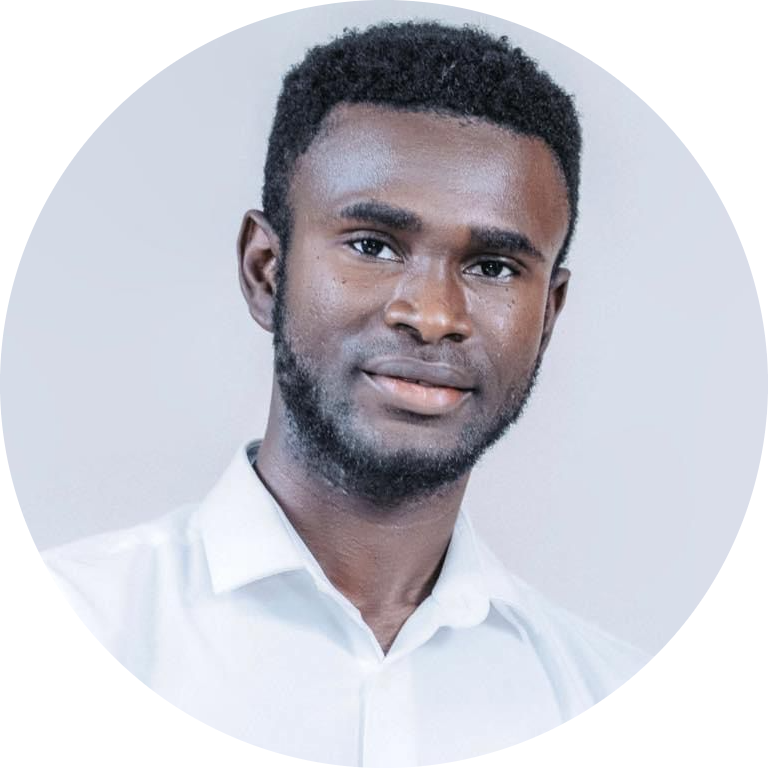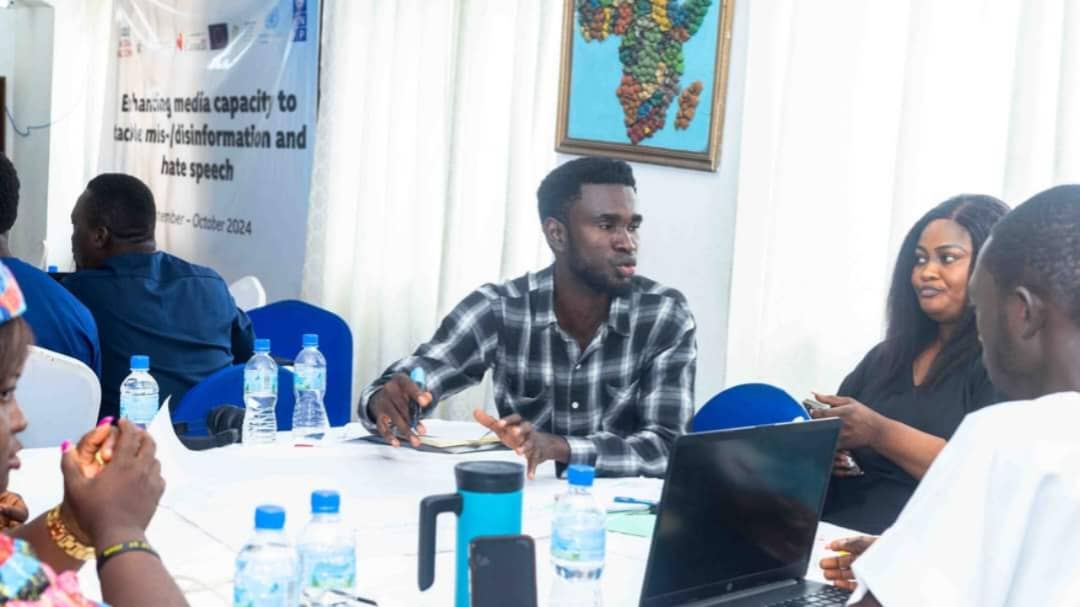![]()
In November last year in Zambia, I met Rehobot Ayalew, an independent fact-checker and consultant, at the launch of the DCN Africa where participated on a panel discussion on “How Tradition and Innovation Influence African Storytelling in the Digital Age organized by the Digital Communication Network (DCN) Global and World Learning . Rehobot Ayalew is big on fact-checking and had once visited my country to train journalists on fact-checking ahead of the 2023 elections. I had the opportunity to meet and interact with Rehobot in Zambia, where she gave a talk on fact-checking while hosting a session on fact-checking and mental health. I was humbled and honored to have come across Rehobot and learned a lot during those few days.
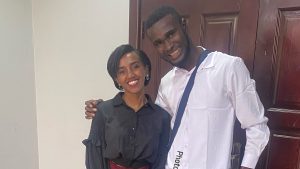
Few days ago, I had the incredible opportunity to participate in a first phase of four-day in-person training organized by BBC Media Action Sierra Leone. This initiative, in partnership with UNDP Sierra Leone, the United Nations Peace-Building Fund, and the Governments of Ireland, Canada, Iceland, and the European Union, brought together 25 journalists, bloggers, and social media influencers from across the country to train us on tackling mis-/disinformation and hate speech with a total of 18 days training with 8 days in person and remaining remote training.
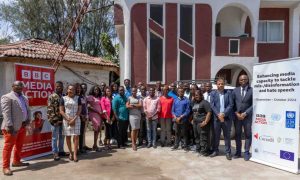
The training was led by Lazar Covs, an investigative journalist and trainer from BBC Media Action Serbia. His expertise and passion for combating misinformation were evident from the very first session. Lazar’s engaging teaching style and real-world examples made the complex topic of misinformation more accessible and actionable for all of us while providing us with online tools.
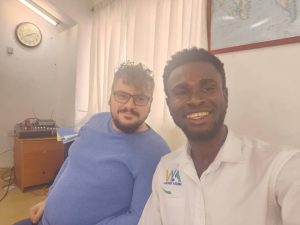
Held at the Family Kingdom along Beach Road, the training was the first phase of a two-phase fellowship. This phase focused on in-person sessions, while the second phase will also focus on three days in-person and online training. In October, Another 35 journalists and influncers will be train.
Throughout the training, we were taught how to identify, analyze, and counteract false information. The sessions were interactive, with plenty of group discussions, practical exercises, and case studies that kept us all engaged and eager to learn more.
Edward Benjamin Kargbo, the Country Director at BBC Media Action Sierra Leone, introduced fellows to the intense fellowship training program on the first day, stating its importance to journalists, bloggers, and social media influencers. In his welcome speech, he emphasized that BBC Media Action recognizes the role that the media, influencers, and bloggers play in the country. He added that this training is intended to empower journalists and bloggers in the country. “We are hoping that at the end of this training program, we will have some sort of impact multiplier effect on the media landscape and the communities you serve.”
Mr. Kargbo also noted that this training is the first program to bring together journalists, bloggers, and social media influencers in the same room.
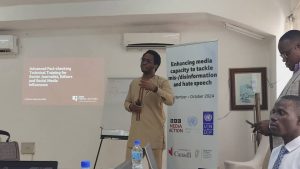
Sagar Adhikari, the iVerify Specialist (Media and Digital Communications) at UNDP Sierra Leone reiterated the importance of the training expressing his excitement for the partnership with the BBC Media Action to train journalists, bloggers and social media influencers in Sierra Leone. “Misinformation remains a challenge even after the elections, which is why we continue supporting the media literacy programme under the iVerify initiative. These will equip journalists and social media influencers with the skills to fact-check and share accurate information, fostering a more informed and resilient society in Sierra Leone” He added.
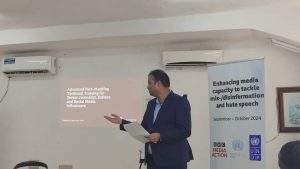
Journalists from AYV, Awoko Newspaper, The Calabash Newspaper, fact-checkers, Politico, bloggers, and influencers benefited from the training.
Abass Sesay, AYV Regional Bureau Chief from Makeni, expressed his excitement for the training, noting that it has further empowered him as a journalist to investigate stories. “The training is not only educative for my work as a journalist but also inspires me as it gives me the urge to go beyond normal news coverage and reporting,” he said, adding that he will ensure the lessons learned are shared with his colleagues in Makeni.
Mabinty M Kamara, Editor at Politico, spoke about how this training impacted her life as a print journalist. She expressed that the training led by Lazar Covs has opened her eyes to tools available online for investigative reporting. “I have been exposed to more advanced forensic fact-checking tools and search engines,” she added.
Ophaniel Goofing, Iverify Coordinator, while speaking on the importance of the training to him as a fact-checker, noted that the training is important to journalists and fact-checkers as it helps them embrace the developing trends in modern journalism to fact-check stories. “ICT is developing at a rapid pace, and the only way to keep abreast of the latest developments and trends is through training like this,” he said.
Social media influencer and owner of the Hawanatu Konneh blog expressed her excitement about the training. She added that the training has further empowered her with tools that she will use to fact-check stories before posting online. “The training entails a lot of details when it comes to fact-checking and media literacy, especially making sure everything is in place and correct before posting news,” she said.
Lawrence Williams, Publisher and Managing Editor of Freetown Post, said that the training empowered him in his career and also gave him an opportunity to learn new tools. “It’s exposed me to more sophisticated tools and methods used in fact-checking, but I must admit that it’ll take some time for me to master them,” he said.
The training aims to enhance participants’ understanding of fact-checking and the use of open-source intelligence. Key objectives included debunking fake identities, exploring photo forensics in the age of AI, examining non-standard fact-checking methods, utilizing domain tools for media reporting verification, and familiarizing participants with tools to assess crowd sizes.
